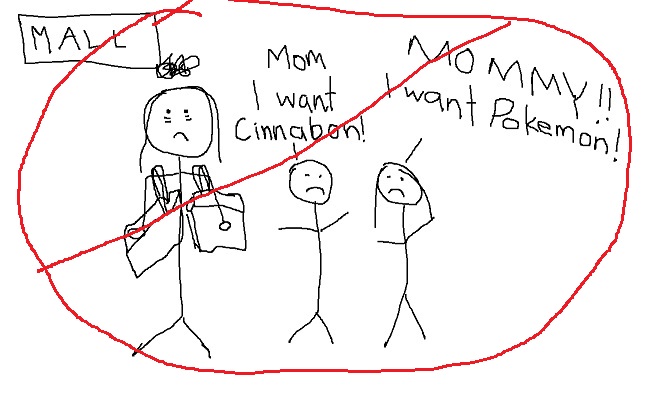If you dig through your child’s backpack anytime in the next couple weeks, chances are you will unearth a request for a parent teacher conference! Sometimes I wonder how parents feel about these conferences. Do they look forward to meeting the teacher? Do they get nervous? Do they think it’s a waste of time?
Aside from the exhaustion of teaching all morning and then conferencing in the afternoons, I really looked forward to meeting my students’ parents and guardians. I loved learning more about my students by meeting the people who raised them, and it helped me remember that each of my students are somebody’s baby.
In a few years, it will be my turn to attend the parent teacher conference for my own baby. It will be so strange to be on the other side, but there are a few things I hope to keep in mind when that time comes. Here are some tips I have for parents (including myself) when conference time approaches.
This post is part of my series on How to Shape Children’s Behavior.
I believe that children want to be good. I think even the most challenging children wish, in their core, that they could behave well. I imagine it’s not dissimilar to the way adults want to be more disciplined about exercise, eat a generally balanced diet, or get their finances in order. It would be nice, but sometimes we just can’t seem to keep it up. Breaking poor habits is one of the first of many difficult steps in forming better ones. Wouldn’t it would be much easier if we could just go find our younger selves and keep poor habits from forming in the first place? Until time machines work, then, let’s do our children a favor and help them build good habits before the bad ones begin. This, of course, is also known as prevention. Today, I hope to share with you some reasons why you should be proactive about anticipating and preventing misbehaviors, and how you can more effectively do so.
This post is part of my series on How to Shape Children’s Behavior.

“Say sorry to your brother.”
“But he’s the one who–”
“Say it!” you insist, an edge of warning in your voice.
He huffs, rolls his eyes to the side and says flatly, “Sorry.”
“Say it like you mean it,” you demand.
“Sorrrrry,” he repeats, dragging out the word slowly with bulging eyes and dripping insincerity.
You sigh in defeat and turn to #2, “Now tell him you forgive him.”
“But he doesn’t even mean it!”
“Just say it!”
“iforgiveyou…” he mutters, looking down to the side dejectedly.
“Now be nice to each other.”
Harumphy silence.
This scenario might sound all too familiar– if not from your experiences as a parent, then at least your own experiences as a child. It’s easy to see how it isn’t always that effective. You, the teacher/parent/authority, probably benefit from it the most because now at least you can feel like you did something about it, allowing you to close the case. Problem solved… now stop bickering. You know inside, however, that the offended still feels bitter, because the apology was not sincere. And while it may seem like the offender got off easy– not even having to show proper remorse or use a sincere tone–he is actually the one who loses out the most. He not only learns a poor lesson that he can get away with lies and empty words, but does not have the opportunity to experience true reconciliation and restoration of relationships. He will probably continue inflicting similar offenses, feel less remorse than he should, and undergo less positive character change than he could have.
But what alternative do you have? What else are you supposed to do? It’s not like you can force a genuine apology and repentant heart out of him, right?
Actually, you can. It’s not 100%, but it’s a lot more % than the scenario you read above.






